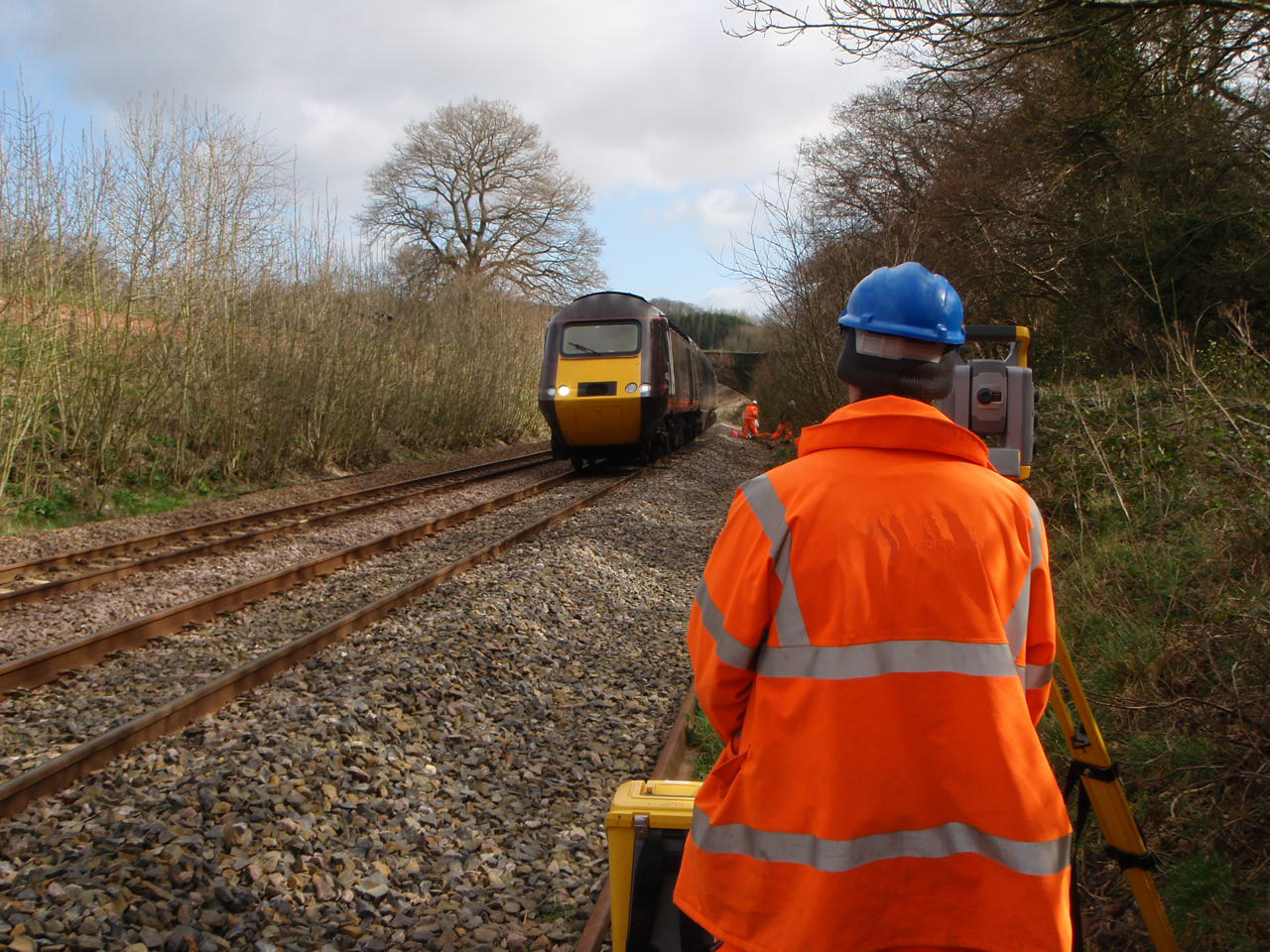Published: 13 Nov 2014
The Survey Association releases new Railway Surveys Guidance Note
Reference source for rail survey professionals earns RICS endorsement
The Survey Association (TSA) has produced a free, guidance document for professionals carrying out survey work on Britain’s rail network.
The new Railway Surveys Guidance Note is endorsed by the Royal Institute of Chartered Surveyors (RICS) and can be downloaded free of charge from www.tsa-uk.org.uk
The material includes key information on the necessary planning and certification required to carry out survey work safely and to the required detailed specifications and standards set by Network Rail, who own and manage the majority of the country’s rail infrastructure.
The document also highlights some of the latest railway survey techniques and makes recommendations for the safest methods to achieve complete and accurate results within a limited time frame.
A useful bibliography lists relevant National Rail Group Standards sources for further detailed technical and best practice examples.
The Guidance Note was compiled by members of TSA’s Technical Committee in association with Chris Preston, Senior Engineer with Network Rail’s Technical Services, Track and Civils Team.
Chris Preston said, “With the safety of all involved at the forefront and consequently, very limited access time, it is crucially important that when public money is spent on railway surveying it is undertaken in the most appropriate manner and in the longer term may be used to augment Network Rail’s corporate asset information. The TSA Guidance note along with the NR Group standards should go a long way to addressing this.”
A five year plan, backed by a £38 billion government investment to transform the UK rail network was announced by the Department of Transport earlier this year.
The most significant modernisation of the railway system since the Victoria era includes 850 miles of electrification, line speed enhancements, new station hubs and transformational railway routes such as HS2 and Crossrail.
TSA member companies continue to play a significant role in all aspects of the feasibility, design, construct and as built of these and many other planned railway projects and improvements.
The new Guidance Note updates and expands on TSA’s previous Client Guide to Working on the Railways.
TSA produce a number of leaflets intended to provide members and their clients with information on various aspects of surveying and the procedures and regulations which may govern how a particular aspect of the survey is carried out.
All the available TSA Client Guides and the more detailed Guidance Notes are free to download from:
www.tsa-uk.org.uk/for-clients/guidance-notes/
Ends
For further information, interviews or images contact Ruth Badley PR on 01423 884063 or 07929 420 360 or email ruth.badley@btconnect.com
Notes to Editors
The Survey Association, known generally as TSA, is the trade body for commercial survey companies in the UK. The association was formed in 1979 to give a focus for private sector businesses in land and hydrographic survey.
The association has over 140 companies in membership as full, associate, supplier, affiliate or academic members directly involved in the survey business. The full and associate member companies together employ over 2500 people.
The role of TSA is to promote best practice amongst its members, provide a forum for members for discussion, debate and continuing professional development and to the wider audience such as engineers, provide guidance on new methods and techniques and a list of suitably qualified and experienced companies.
TSA is also heavily involved in lobbying Government and other agencies such as the Environment Agency regarding policies likely to affect or involve the survey industry.
TSA meets regularly with the Royal Institution of Chartered Surveyors (RICS) and the Chartered Institution of Civil Engineering Surveyors (ICES) on a range of issues and has established the Survey Liaison Group (SLG). This body convenes at regular intervals to examine matters of mutual interest and to ensure that there is little or no duplication of effort by the three bodies.

